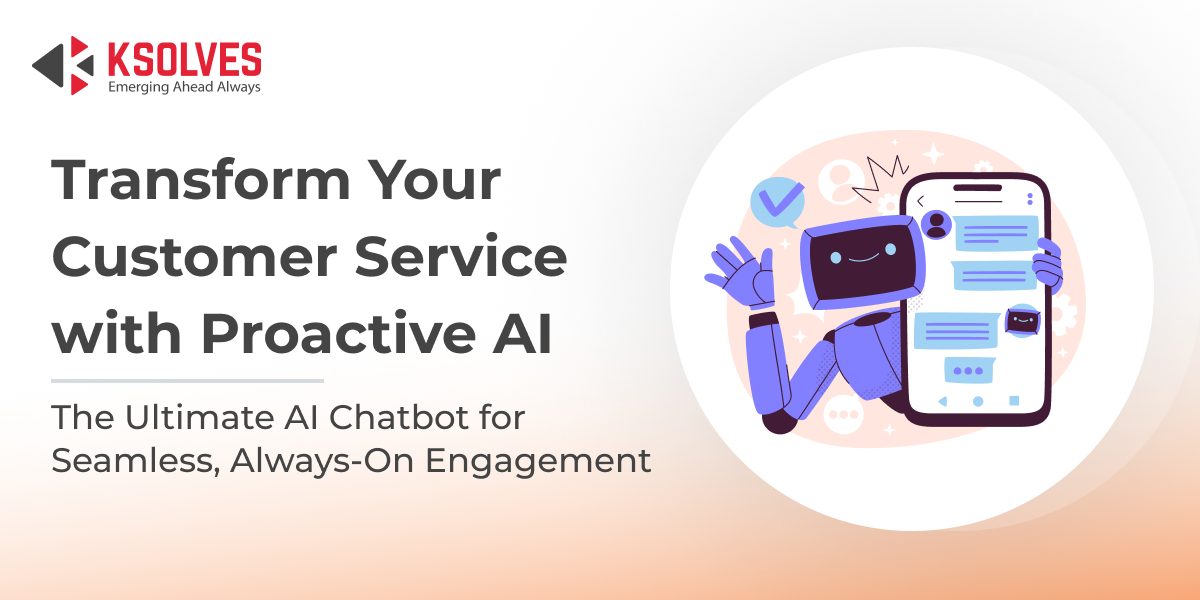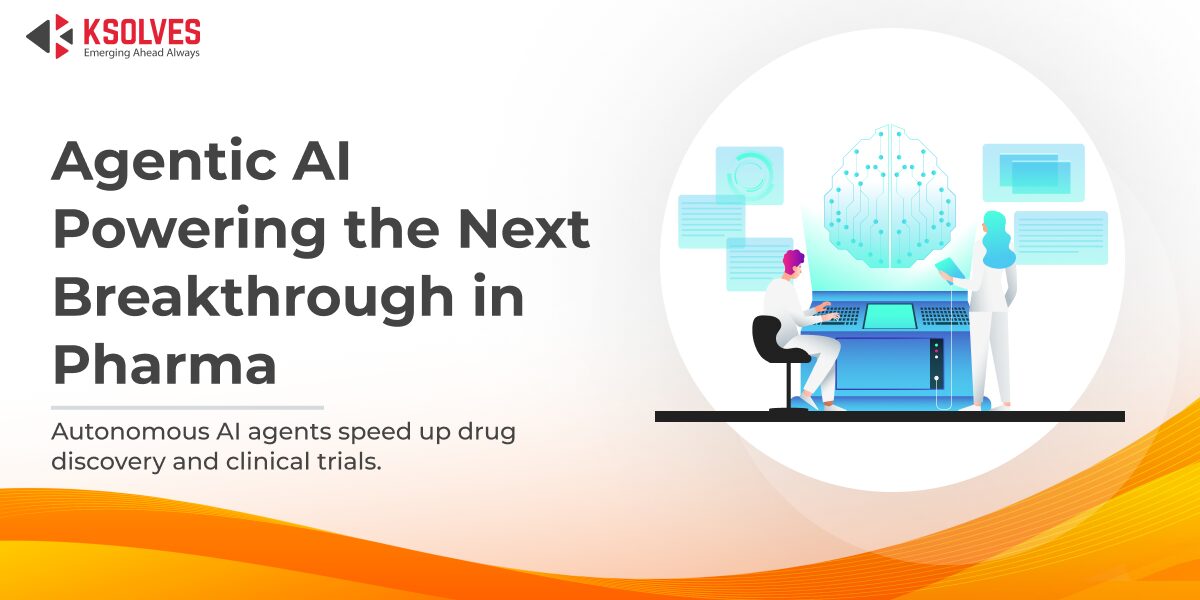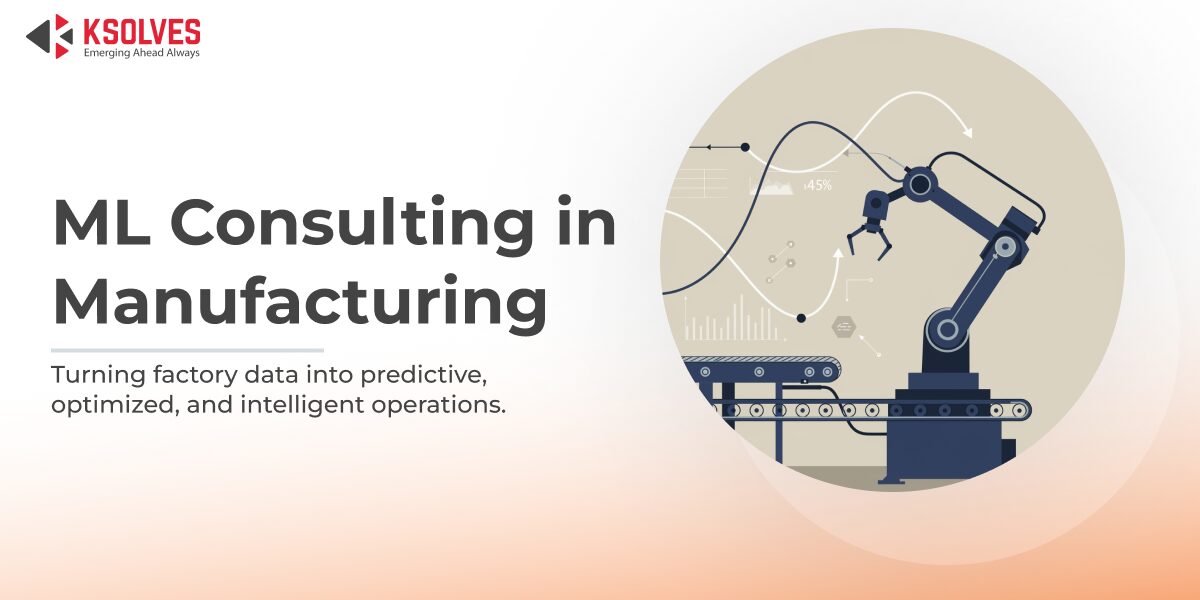From Reactive to Proactive: How AI Chatbots Are Transforming Customer Experience
AI
5 MIN READ
May 16, 2025
![]()

In today’s fast-paced digital era, customer expectations are evolving rapidly. Traditional reactive customer service models—where businesses respond only after a customer raises an issue—are no longer sufficient. Modern consumers seek immediate, personalized, and seamless interactions. This shift has propelled the adoption of proactive AI customer service, where businesses anticipate and address customer needs before they arise.
The integration of AI-powered chatbots and customer service automation tools has revolutionized the way companies interact with their clientele. By leveraging data analytics and machine learning, these systems can predict customer inquiries, offer timely solutions, and enhance overall satisfaction.
In this blog, we’ll delve into hypothetical scenarios illustrating the impact of proactive AI interventions, explore the tangible benefits of AI-powered knowledge management tools, and provide insights into how businesses can transition from reactive to proactive customer engagement.
The Evolution of Customer Service: From Reactive to Proactive
Traditional customer service often involves waiting for customers to reach out with issues. In contrast, proactive AI customer service utilizes AI-powered chatbots and customer service automation to anticipate and address customer needs before they arise. This approach not only improves efficiency but also enhances customer satisfaction.
For instance, AI systems can detect unusual activity or error rates, flagging potential problems before they escalate. By analyzing customer data, AI can predict potential issues and address them proactively.
Also Read: AI Chatbots in Travel and Hospitality: Importance, Benefits, Use Cases and More
How Proactive AI Chatbots Are Transforming Customer Service Across Sectors
1. AI Chatbot for Healthcare
In the healthcare sector, AI-powered chatbots assist with appointment scheduling, medication reminders, and initial symptom assessments. They provide 24/7 support, reducing the burden on medical staff and improving patient access to care. Additionally, chatbots can handle administrative tasks like insurance verification and billing inquiries, enhancing operational efficiency.
2. AI Chatbot for Banking & Finance
Financial institutions utilize AI-powered chatbots to manage account inquiries, detect fraudulent activities, and offer personalized financial advice. These chatbots can monitor transactions in real-time, alerting users to suspicious activities and providing budgeting tips based on spending habits.
3. AI Chatbot for Retail & E-Commerce
Retailers employ AI-powered chatbots to enhance the shopping experience by offering product recommendations, assisting with order tracking, and managing returns. By analyzing customer behavior, chatbots provide personalized suggestions, increasing customer satisfaction and driving sales.
4. AI Chatbot for Hospitality & Travel
In the hospitality and travel industries, AI-powered chatbots facilitate booking processes, provide travel updates, and offer personalized recommendations. They assist customers with reservations, check-ins, and itinerary planning, ensuring a seamless travel experience.
5. AI Chatbot for Education
Educational institutions leverage AI-powered chatbots to support students with course selections, assignment reminders, and access to learning materials. Chatbots also assist with administrative tasks like registration and fee payments, allowing educators to focus more on teaching.
6. AI Chatbot for Real Estate
Real estate companies use AI-powered chatbots to provide property listings, schedule viewings, and answer client inquiries. Chatbots can qualify leads by collecting information about buyer preferences, streamlining the sales process.
7. AI Chatbot for Telecommunications
Telecom providers implement AI-powered chatbots to troubleshoot technical issues, manage billing inquiries, and recommend service plans based on usage patterns. This proactive approach enhances customer satisfaction and reduces call center volumes.
8. AI Chatbot for Government Services
Government agencies utilize AI-powered chatbots to assist citizens with information on public services, application processes, and policy updates. Chatbots can guide users through form submissions and provide real-time updates on service requests.
9. AI Chatbot for Manufacturing
Manufacturers deploy AI-powered chatbots to monitor equipment status, schedule maintenance, and manage supply chain communications. Chatbots can provide real-time updates on production schedules and inventory levels, improving operational efficiency.
Also Read: AI-Powered Knowledge Management in Hospitals: Benefits & Use Cases
Real Life Examples of Proactive AI in Action
Scenario 1: Reducing Customer Churn
A subscription-based service implements AI-powered chatbots to monitor user engagement. When a user shows signs of disengagement, the chatbot proactively offers assistance or incentives. This approach leads to a 25% reduction in churn rates.
Scenario 2: Enhancing Customer Satisfaction
An e-commerce platform uses custom chatbot development to provide personalized shopping experiences. The chatbot proactively suggests products based on browsing history, resulting in a 65% increase in customer satisfaction scores.
Scenario 3: Streamlining Support Operations
A telecommunications company integrates an AI-powered knowledge management tool to assist customer service agents. The tool proactively provides relevant information during customer interactions, reducing average handling time by 40%.
Key Benefits of Proactive AI Customer Service
1. Anticipating Customer Needs
By analyzing customer data, AI can predict potential issues and address them proactively. For instance, AI systems can detect unusual activity or error rates, flagging potential problems before they escalate.
2. Reducing Operational Costs
Automation of routine tasks leads to significant cost savings. AI-powered chatbots can handle a large volume of customer interactions simultaneously, allowing human agents to focus on more complex issues.
3. Enhancing Customer Satisfaction
Quick and personalized responses improve the overall customer experience. AI-driven systems can provide instant assistance, reducing wait times and increasing customer satisfaction.
4. Driving Long-Term Loyalty
Consistent and proactive engagement fosters trust and loyalty among customers. By addressing issues before they arise, businesses can build stronger relationships with their customers.
Also Read: Mind AI Ninja for HR: Transforming Employee Engagement with Smart Assessments
Why Mind AI Ninja Stands Out as the Best AI Chatbot for Proactive Customer Service
Mind AI Ninja is the ultimate solution for businesses looking to enhance their customer service experience. With its proactive AI customer service capabilities, it not only responds to inquiries but anticipates customer needs, offering seamless, personalized interactions. Here are some standout features that make Mind AI Ninja the best AI chatbot for your business:
Key Features:
- AI-Powered Knowledge Management Tool: Effortlessly manage customer interactions and store critical data for quick access, enabling your chatbot to provide real-time, accurate responses.
- Custom Chatbot Development: Tailor your AI chatbot to meet the unique needs of your business, ensuring a customized experience for every customer interaction.
- Proactive Engagement: Mind AI Ninja doesn’t wait for customers to reach out. It proactively sends reminders, updates, and personalized offers based on customer behavior and preferences.
- 24/7 Availability: No more missed opportunities. With Mind AI Ninja, customers can engage with your business around the clock, no matter where they are.
- Advanced Data Analytics: Gain insights into customer behavior and preferences to refine your business strategies and optimize the customer experience.
- Seamless Multi-Channel Integration: Connect with customers across various platforms,
- including web chat, WhatsApp, Facebook Messenger, and more, ensuring a consistent experience everywhere.
- AI-Powered Automation: Reduce manual effort by automating responses to common inquiries, appointment scheduling, and support ticket management.
Mind AI Ninja empowers your business to deliver exceptional, proactive customer service while driving efficiency and long-term customer loyalty. Ready to transform your customer experience? Start with Mind AI Ninja today!
FAQs
Q1: What is proactive AI customer service?
A1: It’s a strategy where AI anticipates customer needs and addresses them before the customer initiates contact, enhancing satisfaction and efficiency.
Q2: How do AI-powered chatbots improve customer experience?
A2: They provide instant responses, personalized recommendations, and 24/7 support, reducing wait times and improving engagement.
Q3: What is customer service automation?
A3: It involves using AI and other technologies to automate routine customer service tasks, freeing up human agents for more complex issues.
Q4: Why is custom chatbot development important?
A4: Custom development ensures the chatbot aligns with specific business needs, providing more accurate and relevant customer interactions.
Q5: How do AI-powered knowledge management tools assist in customer service?
A5: They organize and provide access to information efficiently, enabling both AI systems and human agents to retrieve accurate data quickly.








Author
Share with